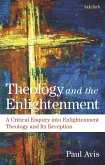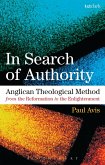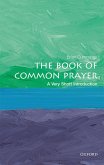The lives of Christian churches are shaped by doctrinal theology. That is, they are shaped by practices in which ideas about God and God's ways with the world are developed, discussed and deployed. This book explores those practices, and asks why they matter for communities seeking to follow Jesus.
Taking the example of the Church of England, this book highlights the embodied, affective and located reality of all doctrinal practices - and the biases and exclusions that mar them. It argues that doctrinal theology can in principle help the church know God better, even though doctrinal theologians do not know God better than their fellow believers. It claims that it can help the church to hear in Scripture challenges to its life, including to its doctrinal theology. It suggests that doctrinal disagreement is inevitable, but that a better quality of doctrinal disagreement is possible. And, finally, it argues that, by encouraging attention to voices that have previously been ignored, doctrinal theology can foster the ongoing discovery of God's surprising work.
Taking the example of the Church of England, this book highlights the embodied, affective and located reality of all doctrinal practices - and the biases and exclusions that mar them. It argues that doctrinal theology can in principle help the church know God better, even though doctrinal theologians do not know God better than their fellow believers. It claims that it can help the church to hear in Scripture challenges to its life, including to its doctrinal theology. It suggests that doctrinal disagreement is inevitable, but that a better quality of doctrinal disagreement is possible. And, finally, it argues that, by encouraging attention to voices that have previously been ignored, doctrinal theology can foster the ongoing discovery of God's surprising work.









